Blood Drive Inserra Kelley Cooper Sewell Injury Attorneys American Red Cross Bus 6790 Grover Street Wednesday, January 17, 2024 8:00 a.m. to 2:00 p.m. Please call 1-800-RED CROSS (1-800-733-2767) or visit RedCrossBlood.org and...
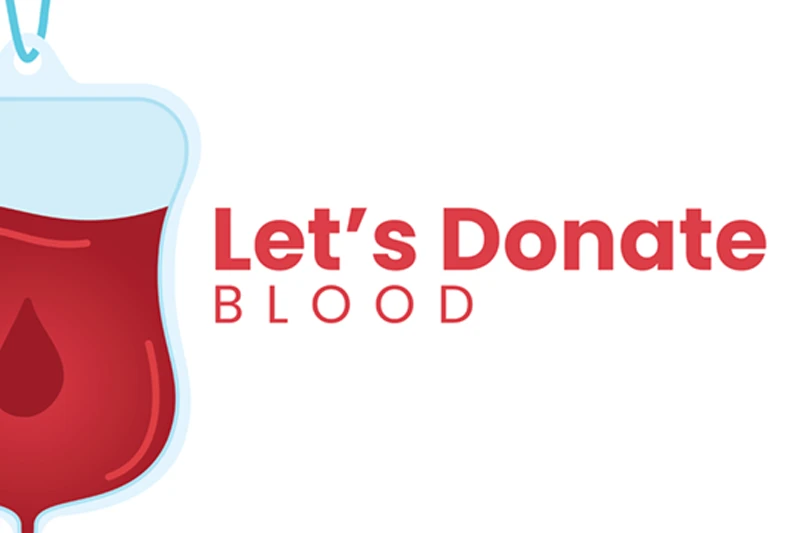

Blood Drive Inserra Kelley Cooper Sewell Injury Attorneys American Red Cross Bus 6790 Grover Street Wednesday, January 17, 2024 8:00 a.m. to 2:00 p.m. Please call 1-800-RED CROSS (1-800-733-2767) or visit RedCrossBlood.org and...

An NBC News investigation recently found that at least 162 babies have died in incidents involving nursing pillows since 2007. Most of the infants died after they were placed to sleep on or with the pillows. Just two weeks after the investigation was published,...
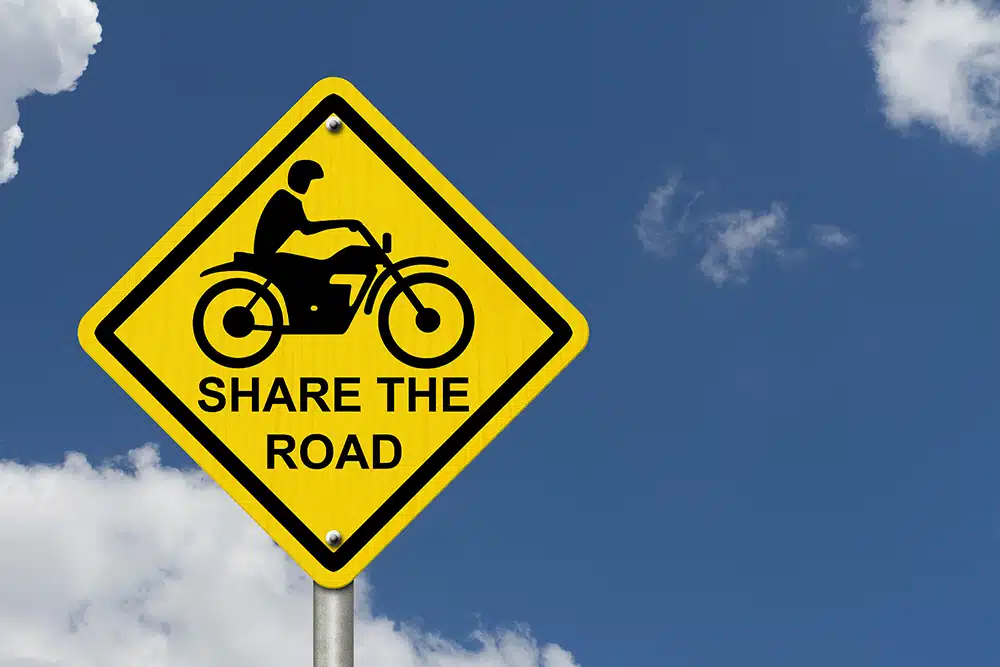
May has been designated as Motorcycle Safety Awareness Month, an important initiative dedicated to safeguarding the well-being of everyone who rides a motorcycle and all those who share our country's roads. As we approach the summer season and embark on road trips,...
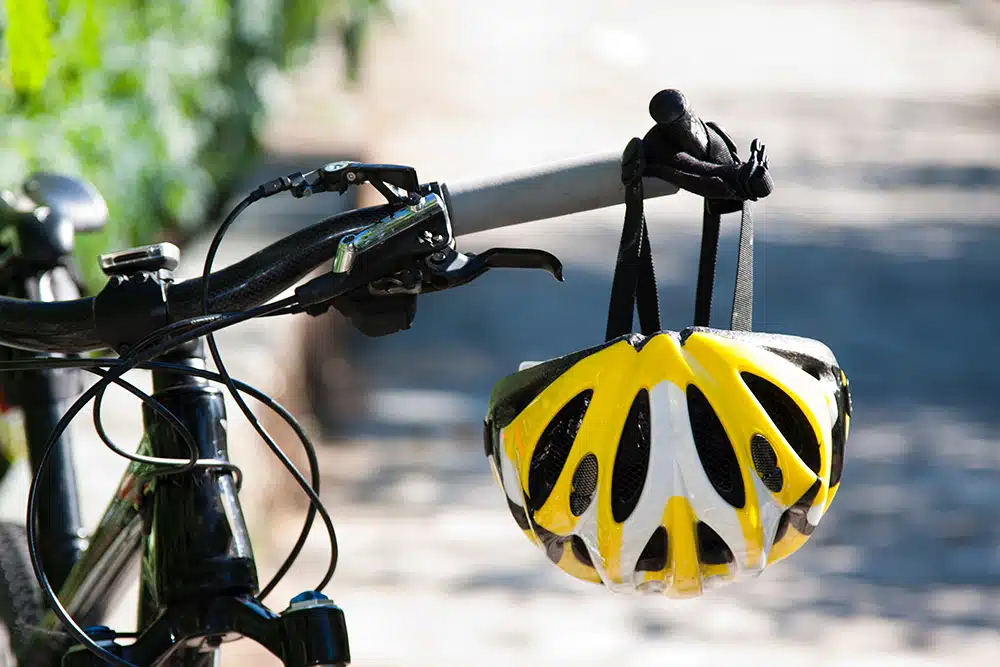
Bicycling offers numerous health benefits that contribute to overall well-being, including improved physical fitness, cardiovascular health, mental well-being, joint mobility, weight management, and more. This enjoyable pastime can also result in injury, which is why...
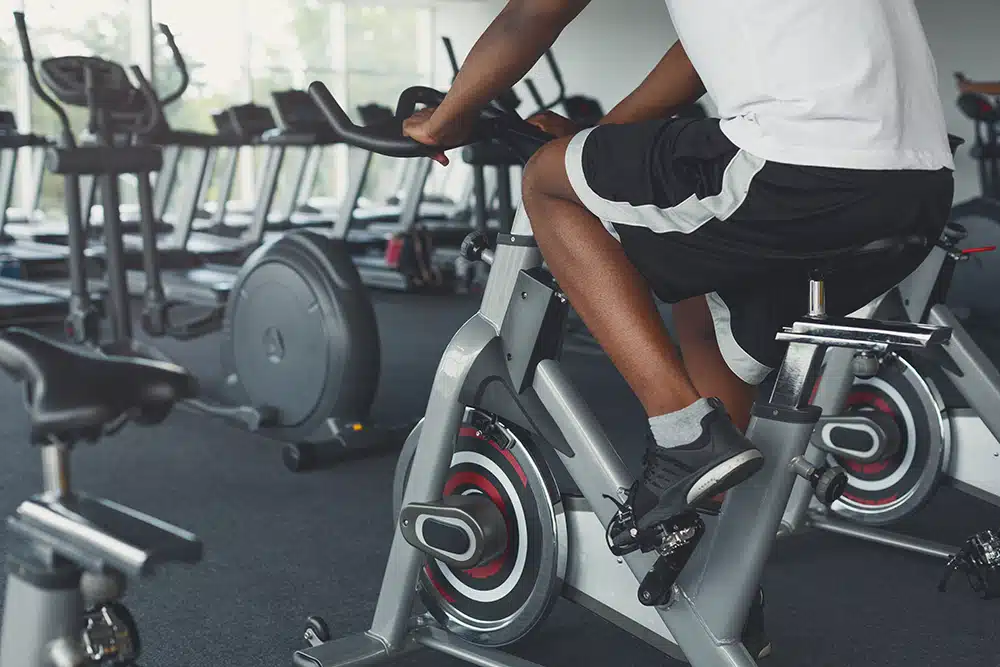
Peloton is issuing a recall for 2 million exercise bicycles due to safety concerns, marking the second major recall faced by the fitness company. According to an announcement from the Consumer Product Safety Commission on Thursday, the seat post of the bikes has the...
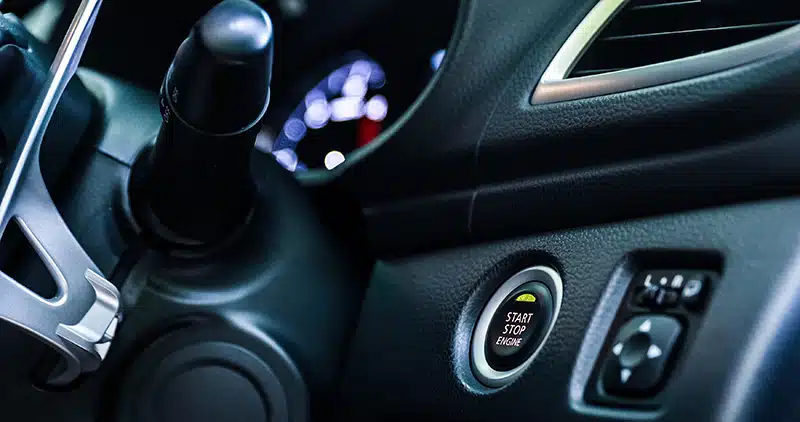
November is Carbon Monoxide Awareness Month, which aims to help protect people from the dangers of carbon monoxide. Keyless fobs can seem like a modern convenience for car owners, but with no automatic shutoff, people can accidentally leave their cars running inside...
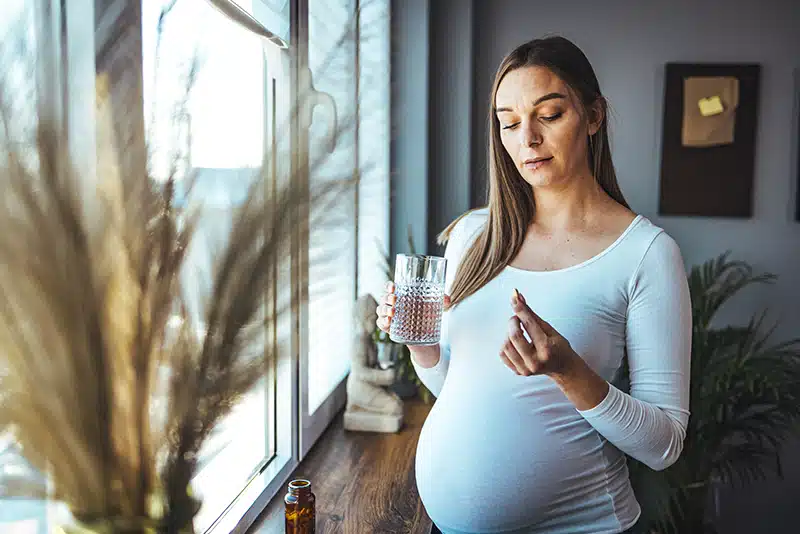
According to a study published in JAMA Psychiatry, exposure to acetaminophen in the womb may increase a child’s risk for attention deficit/hyperactivity disorder (ADHD) and autism spectrum disorder (ASD). According to the National Institutes of Health, Researchers...

Yesterday the US Senate passed the Camp Lejeune Justice Act as part of the PACT Act and the bill is just awaiting President Biden’s signature before becoming law. Once it goes into effect, those who served, worked, or lived on the base between August 1, 1953 and...
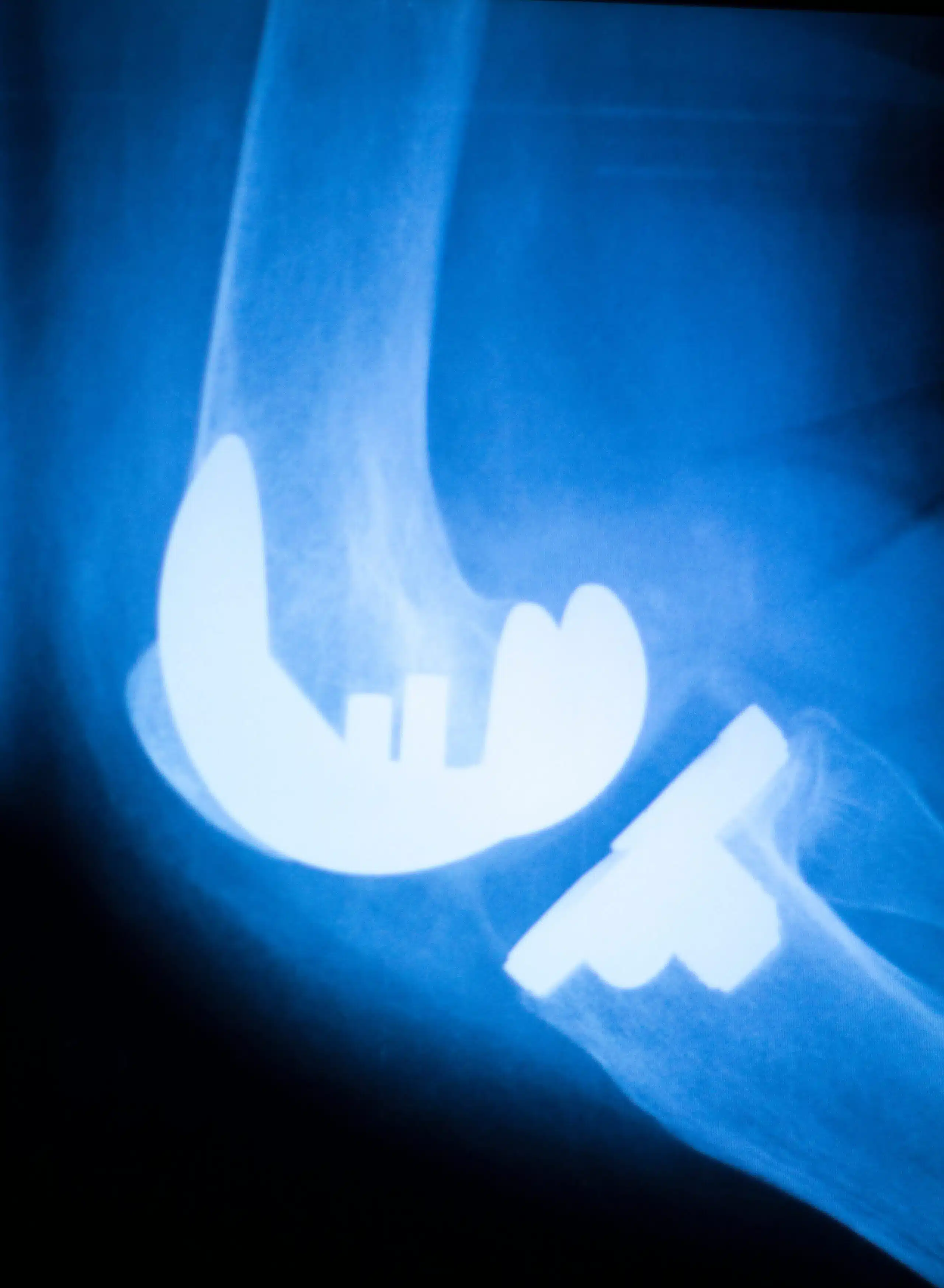
Exactech has recalled more than 148,000 Knee and Ankle Implants since February of 2022. It was reported that the polyethylene insert components and the potential for accelerated wear may crack causing the need for corrective revision or ankle surgery. In addition...

May is Motorcycle Safety Awareness Month, which is now recognized by the White House! "My Administration remains committed to ensuring the safety of everyone who rides a motorcycle and all who travel across our Nation," President Biden wrote in a letter dated May 1. ...